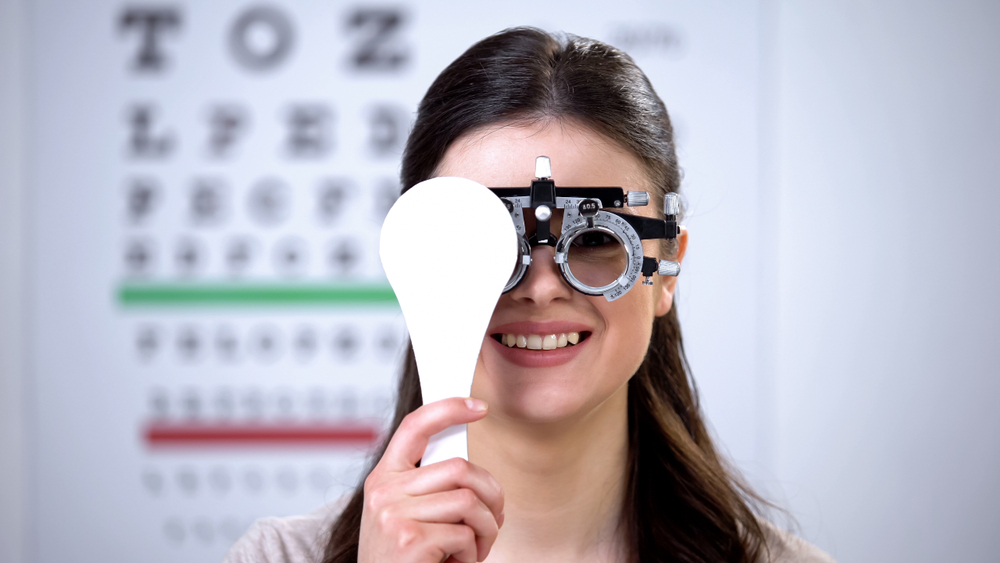
Do you have nagging questions about the need to go for an eye test after having undergone vision screening? Perhaps you previously did not understand properly. If you have such questions, you are not alone – a lot of people are unaware of the precise difference between these two approaches and why both are vital for optimum visual health. This article dissects the complicated differences between eye tests and vision screenings so that their impacts on eye health become more apparent.
Both are essential components of maintaining visual wellness by broadening the perspectives of our eyes, health-wise. Making each feature and benefit clear in your whole health management regimen signifies that you get informed decisions about your visual health. Now it’s time to jump into the field of ophthalmology and unearth the science and techniques behind these critical procedures.
Grab some tea, prepare yourself to be seated comfortably, and set forth on this journey wherein gaze tests and vision screenings would be explored. We’ll define the two and explain why they shouldn’t be confused with each other, aside from providing you the best reason as to why you might need one over the other-or both.
Understanding Vision Screening
Vision screening is probably more like a preliminary evaluation-the broader one of vision analysis. This analysis has layers of potential vision problems but is not particularly specific about examining the health of the eyes. Picture this kind of interview-the first round. It is rather general, meant to flag any potential concerns. Most likely done by paediatricians or school nurses during a routine check-up with a general physician.
The Significance of Eye Tests
Eye test, however, will get a thorough review of every single eye by qualified optometrist or ophthalmologist. Eye specialists have undergone intensive special training to treat and diagnose eye diseases. Eye testing includes several assessments of your visual acuities; testing for common eye diseases, techniques to see if both eyes work together as a team, and an assessment of the health of your eyes; inside and outside.
Eye Test Vs. Vision Screening: The Process
On the one hand, while talking about the processes, most vision screenings are very short and straightforward, reading letters from a wall chart. Most results will point towards myopia (nearsightedness) and hypermetropia (farsightedness), as well as astigmatism. However, it cannot indicate the health status of your eyes or identify other vision disorders.
On the other hand, an eye test contains a variety of procedures such as retinoscopy, refraction test, visual field test, slit-lamp examination, etc. They are thorough analyses designed to ascertain the status of minor to severe vision impairment and its overall health status.
Pros and Cons of Vision Screening and Eye Tests
The one major pro to vision screenings is that they are short, inexpensive, and most of the time have the ability to spot common vision problems. These are excellent initial steps in looking into the health of the eyes. The downside here is, however, that they are not intended to find a diversity of issues because they usually will on screen for the most common without offering a comprehensive picture of visual health.
On the contrary, eye tests do a thorough assessment of overall eye health. These will diagnose more ocular diseases and disorders with more sophisticated techniques. The main disadvantage is that comprehensive eye examinations are lengthier and more costly than vision screenings.
When Should You Opt for Either?
Generally, vision screening has to be one of your routine health checks. On the other hand, most people who present with certain symptoms or are at a greater risk of eye diseases must have more comprehensive eye tests. Ultimately, a balanced approach between these two procedures can ensure optimal eye health.
Conclusion
There was indeed a fine line between a vision screening and an eye test. Well, here is hoping that all is clear now. Both of these are significant in their own sakes. Both play an important role in ensuring the health of the visual system. While vision screening is an effective first line of defense, comprehensive eye tests will give a thorough and complete picture of your eye health. Knowing about these two processes will enable you to take a more active part in the management of your eye health. Remember, taking care of your eyes is taking care of your overall health. After all, life’s beautiful sceneries were meant to be seen clearly.





